Spotlight on 1,4-dioxane
Written by:
webandwhat
06/10/2015
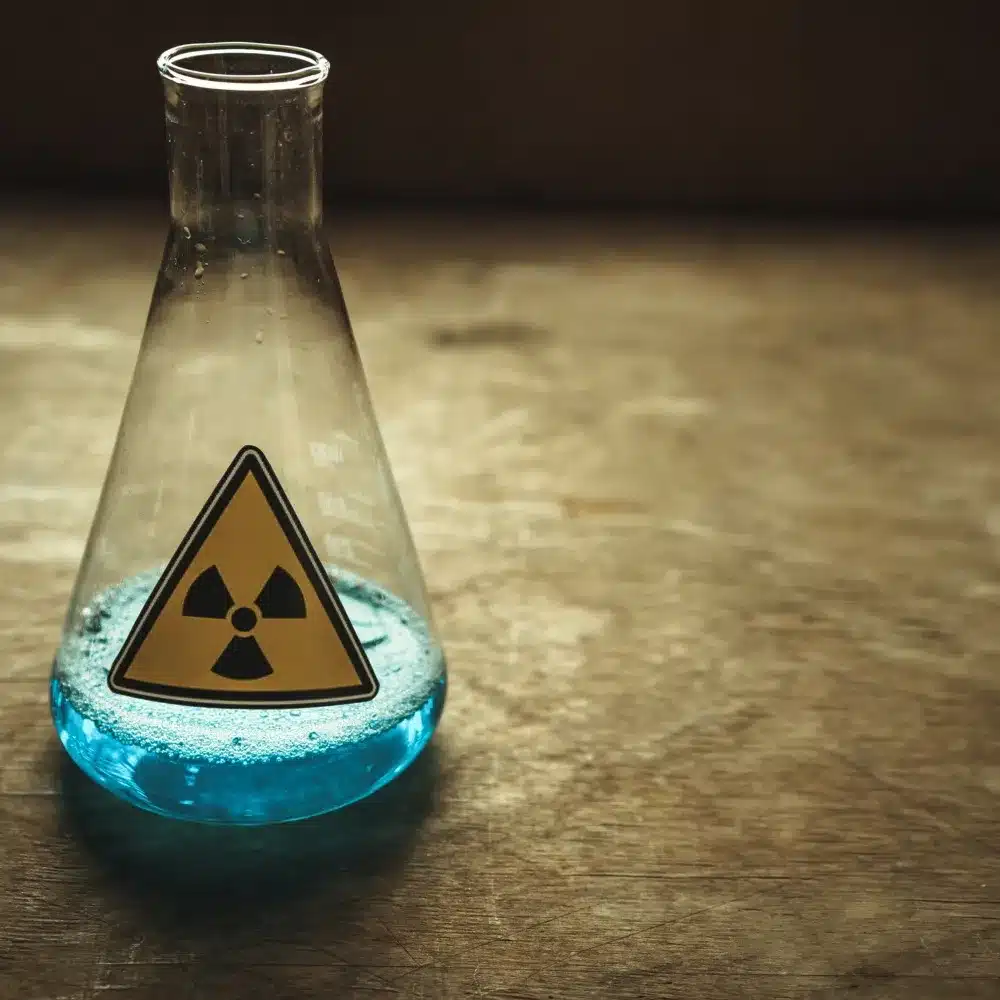
Updated: 09/29/2023
Looking for a different guide? Browse them all HERE.
What is 1,4-dioxane?
1,4-dioxane is a stabilizing agent and is classified as an ether, as well as a probable human carcinogen.
Where You’ll Find It
You can be exposed to 1,4-dioxane contamination in the air, water, and cosmetic and cleaning products. 1,4-dioxane has been found in groundwater sites in the United States and can be inhaled through indoor contamination, particularly in the shower (1,2). In cosmetics, 1,4-dioxane is found in trace amounts due to contamination of other ingredients including PEG and polyethylene (3). In addition, the presence of this chemical can be a result of ethoxylation, a process that is used to improve the effectiveness of detergents like sodium lauryl sulfate (4) (turning it into sodium laureth sulfate).
Why It’s Dangerous
1,4-dioxane contamination in cosmetic products is particularly concerning, as the chemical can be absorbed by the skin in toxic amounts (5). Studies have established linkages between 1,4-dioxane and cancer of the skin, lung, breast, liver, and gallbladder (6). In addition, the compound poses the threat of skin irritation – prolonged exposure may cause eczema, it exhibits acute aquatic toxicity, and its mild odor may lead to accidental inhalation in large amounts, which can be acutely toxic and lead to comas or death (7). Finally, given the water solvency of 1,4-dioxane, the chemical readily leaches into groundwater (8).
How to Avoid 1,4-dioxane Exposure
Unfortunately, until tighter regulations are in place, there isn’t much you can do about 1,4-dioxane in your air and water. But at least we can work to eliminate it from the products we buy and bring into our homes. Several ingredients used in cosmetics and cleaning products pose the risk of being contaminated with 1,4-dioxane impurity. These include:
- PEG
- Polyethylene
- Polyethylene glycol
- Polyoxyethylene
- Sodium laureth sulfate (which may be called “coconut-based surfactant” or something else vague)
- Compounds ending in –eth or –oxynol
By avoiding products containing these ingredients, you can protect your family from potential exposure to 1,4-dioxane.
Here’s more on the difference between sodium lauryl and laureth sulfate.
Here are some of our favorite cosmetics and cleaning products that are free of 1,4-dioxane:
Sonett Dish Soap
Paleo Skincare Laundry Soap
Tandi’s Naturals Scouring Powder
Babo Botanicals Bubble Bath
Farmaesthetics Fine Herbal Cleanser
Citations
1) http://www.nrdc.org/living/chemicalindex/dioxane.asp
2) http://www.epa.gov/chemfact/dioxa-sd.pdf
3) http://www.fda.gov/Cosmetics/ProductsIngredients/PotentialContaminants/ucm101566.htm
4) http://www.nrdc.org/living/chemicalindex/dioxane.asp
5) http://www.atsdr.cdc.gov/PHS/PHS.asp?id=953&tid=199
6) NTP (National Toxicology Program). 2005. Report on Carcinogens, Eleventh Edition; U.S. Department of Health and Human Services, Public Health Service, National Toxicology Program.
7) http://www.epa.gov/chemfact/dioxa-sd.pdf
8) http://www.epa.gov/chemfact/dioxa-sd.pdf

Written by Rebecca Stern, Guest Blogger
Note: This article contains affiliate links or sponsored content, which means that if you make a purchase, we may earn a commission. We only recommend products that meet our strict standards for non-toxicity and that we use (or want to use!) ourselves. Thank you so much for supporting the brands that make Good Stuff!

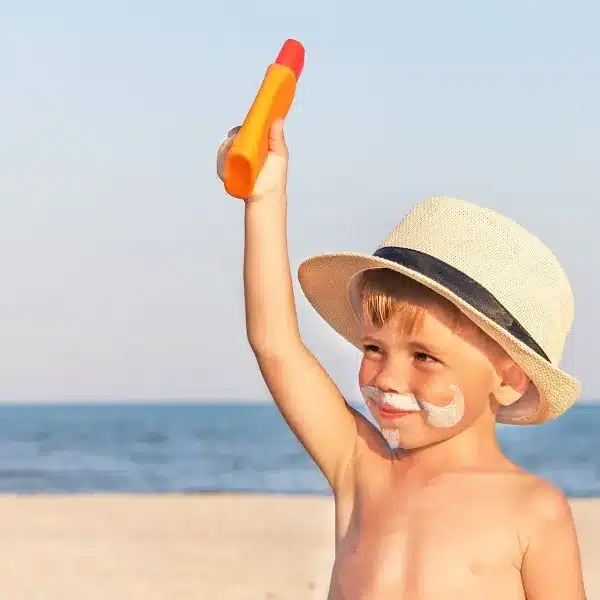
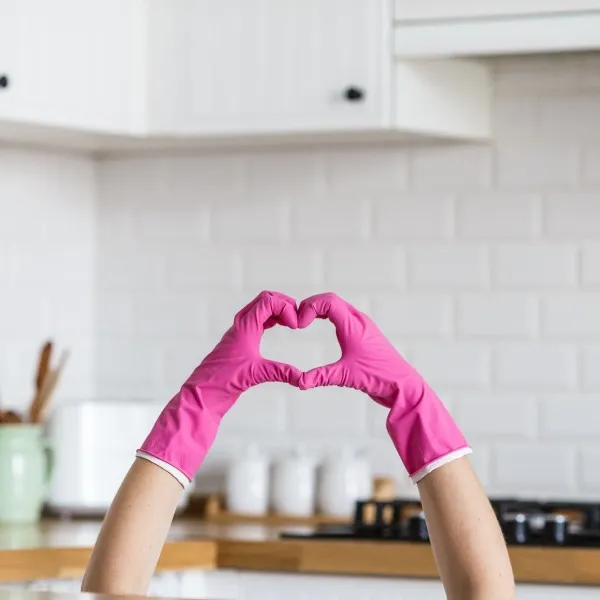
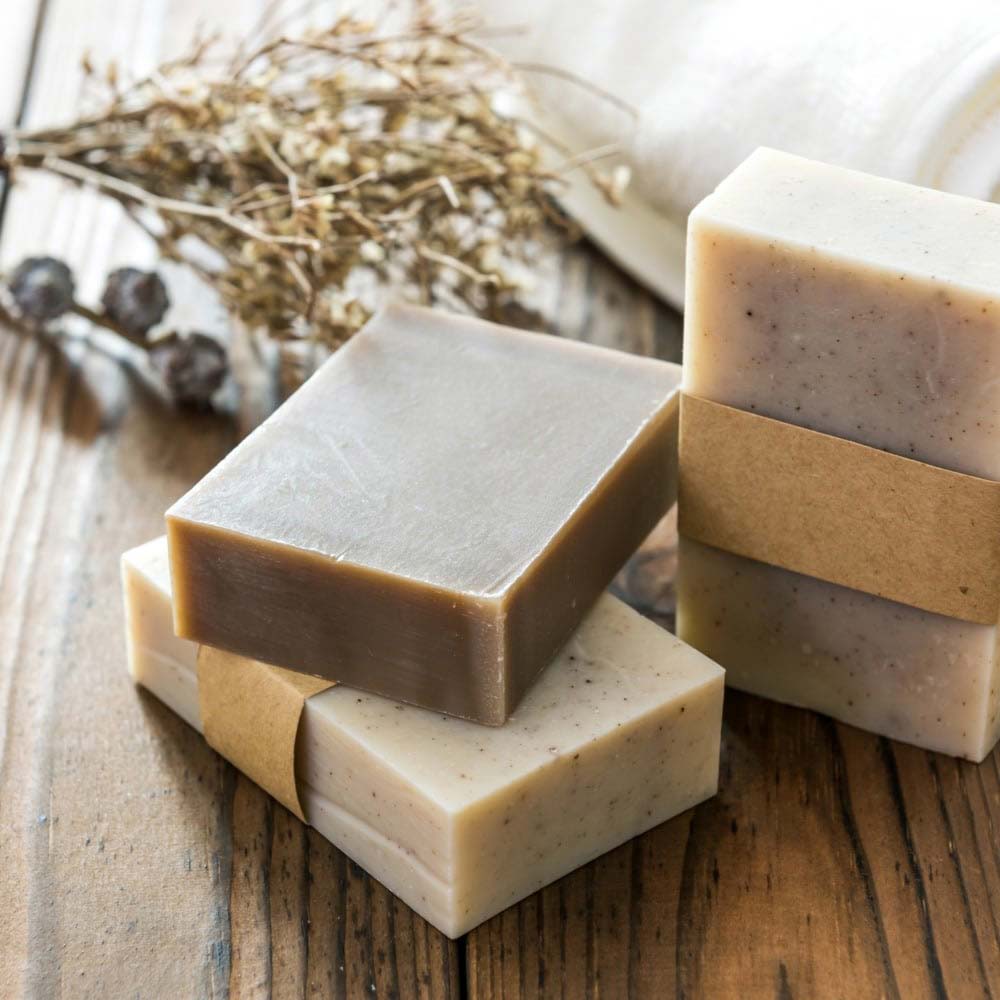
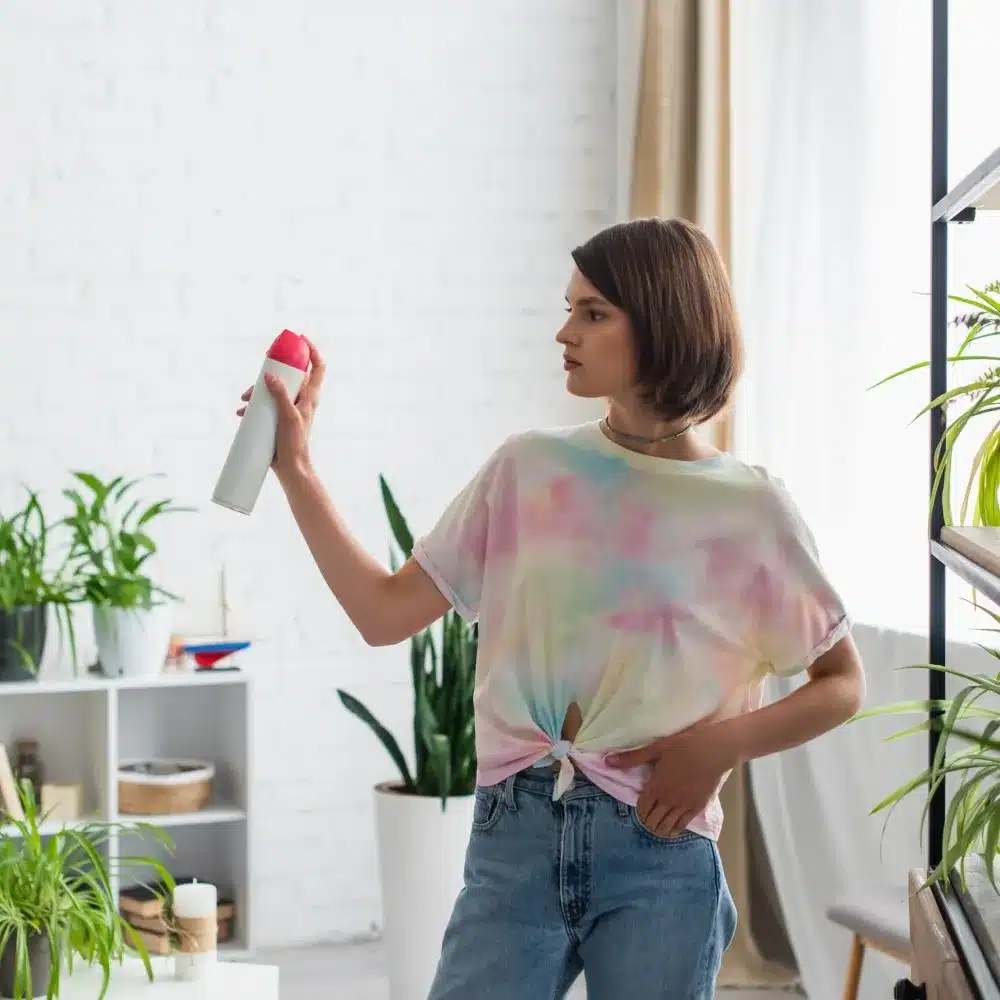
Leave a Reply
You must be logged in to post a comment.